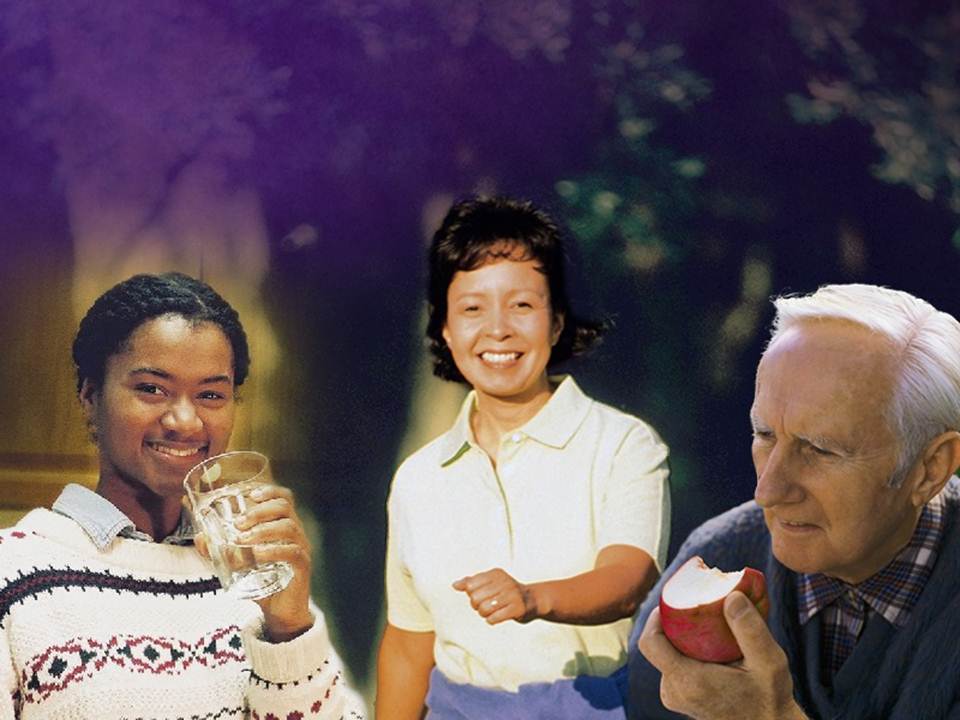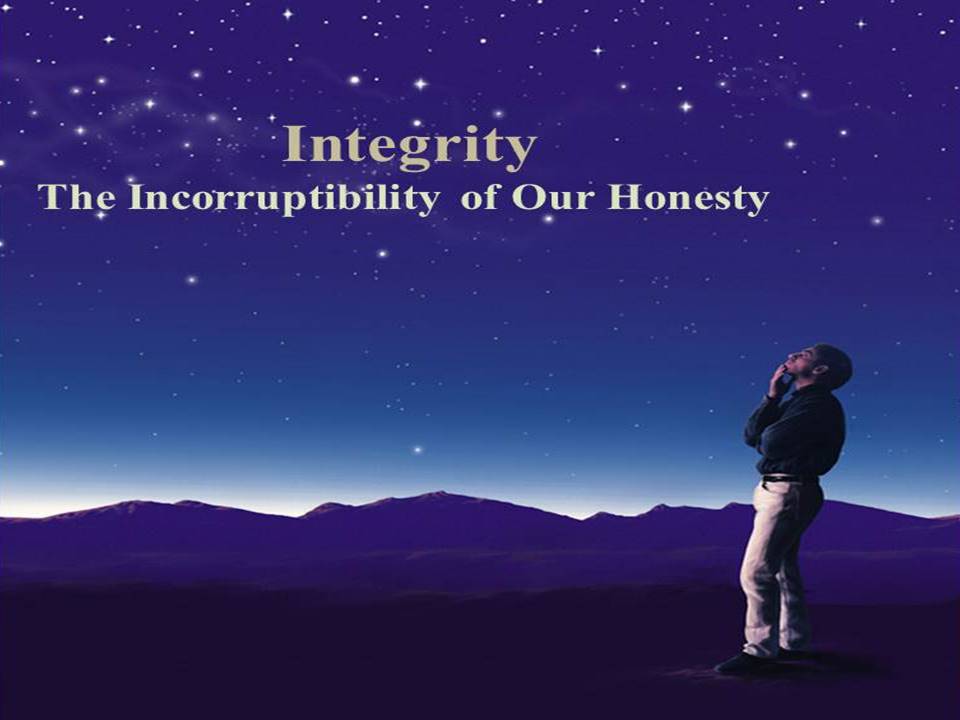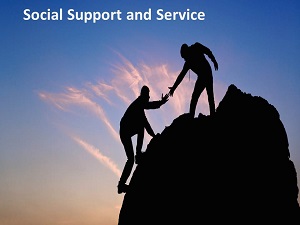
Rest

Samuel Smith
23 Jan'19
5
REST
Sleep science tells us that tired minds are much more likely to make serious mistakes. In most societies of the world today, a significant percentage of the population is sleep deprived. In the United States fatigue is one of the 10 most common reasons people visit a physician! The need to rest and relax appears to be the greatest when there seems to be no time for it. Without rest and relaxation all humans suffer cognitive impairments. Tired people become inefficient, slower, less safe, and make more mistakes. To remain "at the top of our game" we need adequate sleep each night. There have been many attempts to increase productivity by extending the workweek and daily working hours. They have all failed because we each have a physiological need for rest each day, as well as a day off each week and a restful annual vacation. For peak cognitive performance and abundant energy, we must celebrate the refreshing gift of sleep.When our brains are tired enough we will go to sleep involuntarily. These short periods of rest are called micro-sleeps and generally last from a fraction of a second to no more than a second or two. If we are idly sitting in a chair, this usually causes no problem. Should we be operating a complex piece of machinery or carefully seeking to solve a multifaceted problem, however, these momentary lapses could result in catastrophic outcomes.
Many factors of our increasingly chaotic, 24/7 world of tempting and demanding activities contribute to the growing problem of sleep deprivation. The rising number of choices available to us, such as playing computer games or watching television in the evenings, often can delay the onset of sleep. Life has simply become more complex. A growing body of evidence shows that sleep deprivation impairs our cognitive performance, which in turn influences the quality of our decisions, our emotional control, and our efficiency, productivity, and safety. We all need sufficient rest to restore the wear and tear of life.
Fascinating research has established that when we are tired the "executive functions" of our minds suffer. We become less effective at recognizing the choices that are available to us and less capable of deciding which of the choices is best. Even if we can clearly see the choices, we may not be able to act on what we know we should do. Our creativity is reduced, along with our efficiency.
The frontal lobes of our brains are where we combine the current information from our senses with previously learned information and life experiences to make our decisions. It’s this portion of the brain that is most affected by insufficient sleep and rest. Fatigue lowers our cognitive efficiency, lessens the awareness of our surroundings, reduces the ability to process new information, decreases our long-term memory, and impairs the learning of new information. Because success in almost all of life’s endeavors is determined by the quality of the decisions we make, it is vitally important to rest as needed. Sadly, today there is a widespread intrusion of personal, social, and cultural activities into the time that traditionally has been reserved for sleep. Consequently, attention spans are diminished, judgment is impaired, and our ability to carry out complex mental operations is reduced.
Steps to Getting a Good Night’s Sleep
Learn to value sleep. We never accomplish what we do not value. Establish a regular bedtime ritual to let your mind and body know that you are preparing to sleep.
Exercise appropriately every day, at least four to five hours prior to retiring.
Establish regular times for rising and retiring, and stick to them every day—even on weekends.
Use a comfortable, firm bed located in a quiet, cool bedroom not cluttered with TVs, computers, and exercise equipment.
Eat lightly in the evening, several hours prior to bedtime.
Avoid watching exciting or depressing TV programs or movies, engaging in stressful events such as arguments, or making momentous decisions soon before bedtime.
Avoid the use of sleeping medications, caffeine, and alcohol, which disrupt normal sleep architecture.
See your personal physician if you suspect a sleep disorder or other medical condition.
Put your trust in God. Give Him your problems and anxieties.
Remember: Tonight’s sleep builds tomorrow’s energy! Sleep is as important as diet and exercise, only easier!














